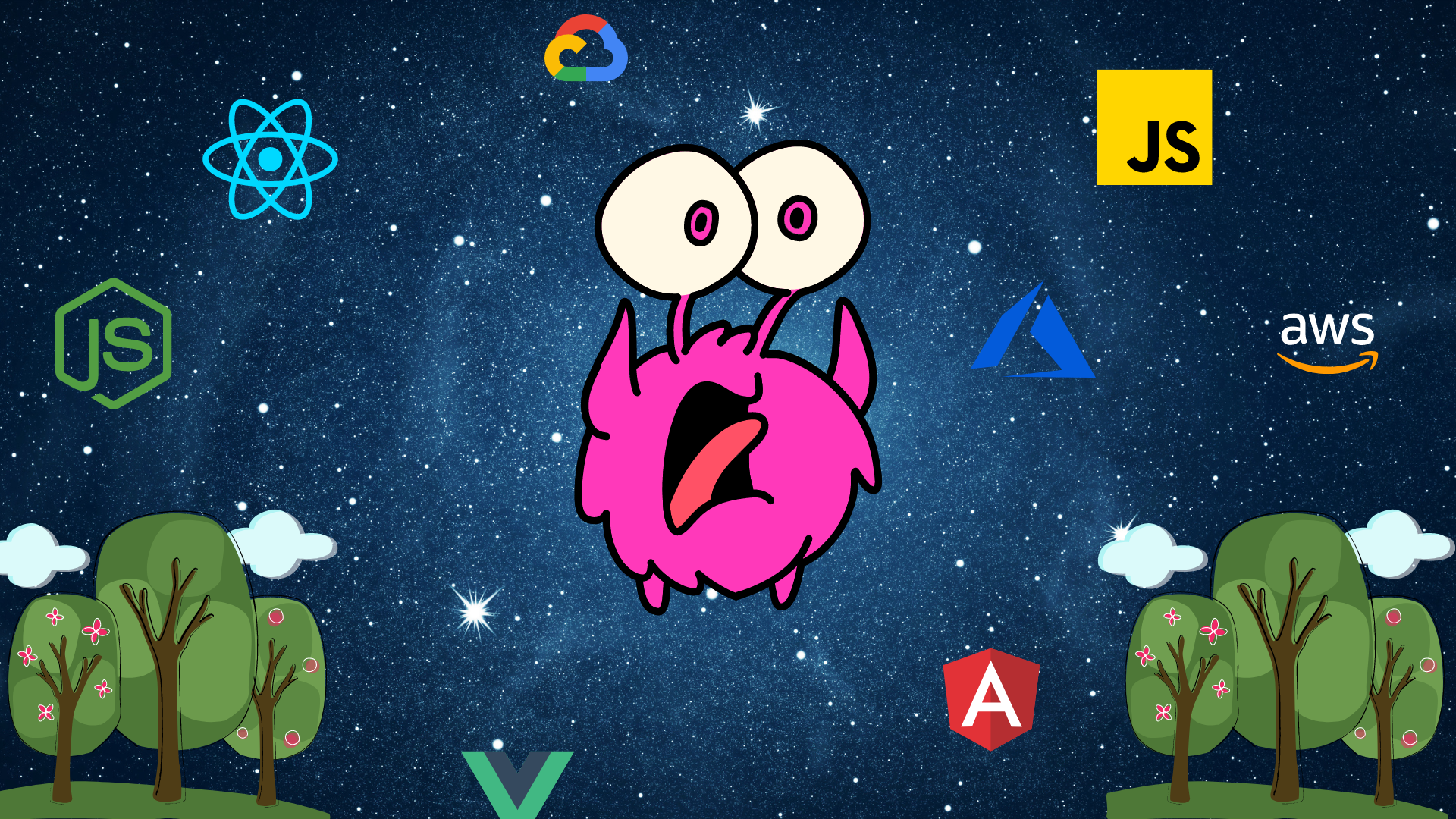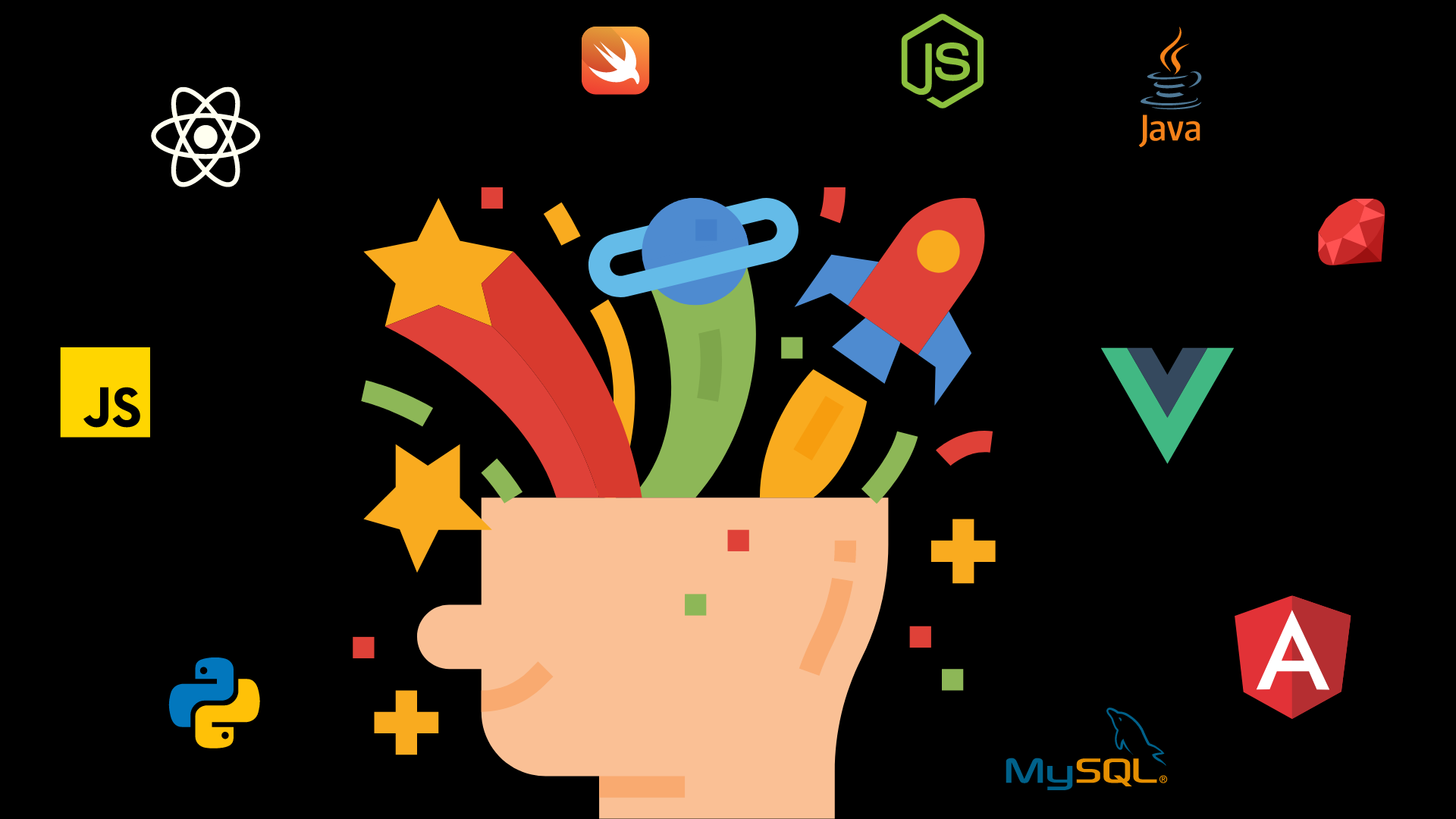Why you should learn vanilla JavaScript in isolation if you want to be a better developer

A lot of people often look at vanilla JavaScript and snort. Why learn vanilla JavaScript when you’ve got Angular, React and Node.js?
But that’s where many developers, especially new developers, go wrong. What they don’t realize is that all these and many more are built on JavaScript. Here are some good reasons why you should learn vanilla JavaScript, even if you think you won’t need to.
Understanding
Learning vanilla JavaScript is like learning how to build a house from scratch. You’re not reliant on kit sets and models that may not fit your dream requirements in the long run. While it solves the short term problem of needing to produce something quickly, your ability to create custom configurations is limited to what’s available in your chosen framework or library.
And that’s another thing many developers don’t recognize — that frameworks and libraries exist to aid in the creation of JavaScript code. Without it, you’re unable to create what you need on the fly. You become tied down to frameworks and libraries that won’t last forever.
Anyone here remembers the good old days of jQuery? No one talks about the once popular JavaScript library anymore. It’s all React and Angular that everyone wants.
Better code
With a better understanding of how JavaScript works, there is a higher chance that you end up creating higher quality code.
The thing with JavaScript is that it was created so that anyone can code. However, over time, applications and requirements have evolved in complexity and JavaScript has grown up to accommodate it.
This means programming patterns and paradigms, along with ideas from other languages infused into the nature of JavaScript in order to prevent applications from collapsing into itself.
Most of the biggest problems in software are problems of misconception — Rich Hickey, designer of Clojure
When you learn vanilla JavaScript, you will expose yourself to its perks and quirks. You will be able to see and understand things that 90% of newbie developers don’t see. With this newfound knowledge, you will begin to perceive a set of code differently and see where things can be improved to reduce any necessary complexity.
Faster adoption of frameworks and libraries
When you learn vanilla JavaScript, your ability to adopt new frameworks and libraries triples in speed. This is because you’re able to look at a piece of code and understand what it means.
The difference between those who know and understand JavaScript and those who don’t is the difference between being a mechanic and being a driver. If your car breaks down, the mechanic would have a higher chance of fixing the car than the driver on their own.
To be a fantastic developer, you have to move beyond JavaScript user mindset and into the space of the creator. Frameworks and libraries like Angular and React are merely tools that assist our ability to process and organize JavaScript.
It’s one thing to learn how to use your tools. It’s another to know how to use your tools effectively to achieve your goals.
When you learn vanilla JavaScript, you’re more aware of what you’re doing. You’re not just writing code because a tutorial told you that you should.
Longevity
Frameworks and libraries change but JavaScript is forever.
Well, for a good half decade at least before the next version comes out. But unlike frameworks and libraries where there is no 100% guarantee of backward compatibility, JavaScript has to be backward compatible. It’s the only run time language of the web and if that breaks, we’re all in big trouble.
Remember when Facebook changed its BSD+ Patents license to MIT and every startup now wants their stuff written in React? and there’s not a word on Angular? I remember.
Remember when Angular 2 came out and everything in Angular 1 went down the drain? I remember.
Remember when Angular 1 came out and everyone stopped talking about jQuery? I remember.
But it’s still all just JavaScript — written and structured differently.
Final Words
When you learn vanilla JavaScript, you are also learning to design code and how to reduce complexity. While tutorials for Angular and React is all the rage nowadays, FreeCodeCamp made the effort to put vanilla JavaScript as one of their certifications — and for good reason.
Placed under the title Javascript Algorithms And Data Structures Certification, the course sits right under Responsive Web Design and before Front End Libraries. The entire curriculum by FreeCodeCamp is designed to help anyone become a developer by giving them solid skills for entering the industry. By putting vanilla JavaScript before diving into frameworks and libraries is a good indication of its importance in the grand scheme of things.
Although some tutorials online do tell you that knowing JavaScript is a requirement, we often ignore it and jump right in — simply because JavaScript is easy. It’s designed to be easy but easy doesn’t always guarantee that what you create is good and robust.
So make sure you take the time to learn JavaScript in isolation and ensuing eureka moments that follows will definitely be worth it.



Comments ()